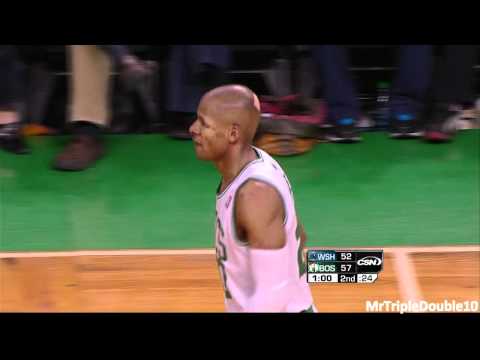The commissioner of Major League Baseball is contemplating discipline for a trio of star players mixed up in domestic violence incidences. This is the first test for a new system and a chance for the institution to take a strong stance against something inherently terrible. This isn’t the first time that baseball has grappled with societal issues, but it may be the first time where we are consciously turning to the sport of baseball for its leadership. Why is the sport that so recently fell victim to oversized steroid sluggers re-writing the record book now the league with the moral righteousness to provide leadership on such an important issue in today’s world? In its own weird way, baseball has always done what it thinks is morally right.
America has turned to baseball when it needs to know what to think. Nothing you can do in baseball elicits more discipline than cheating. It’s morally wrong, baseball has none of it. In those 5 words, that is why steroids in baseball is such a bigger story than in any of the other major sports. But cheating in sports (life) is just one of the functions where baseball has helped to lead the way. Following the attacks of 9/11, Mike Piazza‘s homerun told us that America would be OK. Jackie Robinson‘s success and the embrace he eventually received from sports writers helped to crack the exterior of American racism. Even the influx of Asian and Latin American players in baseball provides optimism for a global community capable of getting along.
Maybe it is Major League Baseball’s role to function as a social barometer– with influence over not just the sports strings of our hearts, but also the relationships we form with others– that established its place long ago. Maybe it’s that sports bring us together and “provide a respite” from everyday life, but somewhere along the way don’t sports become part of our every day life? They become an outlet for our social frustrations, or worse, an outlet for bigotry and hate in the name of “sport.” We all bring our own experiences and inevitably biased outlook to sports fanhood. Baseball, with its methodical pace, provides plenty of time for discussion of the world (baseball or otherwise). The downtime that makes baseball boring to some in the 21st century is the same downtime that allows for self-contemplation, for philosophical conversations to foster.
I wish I could write that the philosophical differences are cast aside for rooting interest in a sport, or team, but I can’t. There are plenty of stories about the difficulty Jackie Robinson faced within his own clubhouse, and within the political arena, simply because of the color of his skin. There are more modern examples, with more hurdles to overcome. But baseball is an institution that should be inclusive, not just for people of different geographical heritages, but also of different social activities. The stance should be one of open arms, regardless of your opinions on the right to bear arms or to cover them in a hijab.
Maybe baseball is what it is because the best that baseball has to offer isn’t necessarily about the sport. Is it too far to say that the sport is a vehicle for conversations about life? Have I been reading too much philosophical baseball writing? Think back to your favorite baseball memory. Maybe you don’t have a favorite baseball moment; maybe you don’t have a soul. What made that moment special? All of mine have to do with the people that I shared those moments with. Some are dates, some are hours spent with my best friends working or enjoying, some are cheering on a team with 20,000 strangers.
The human element that for so long was just part of the game is central to how the sport will continue to grow. The on-field sport will likely never be at the forefront of technological innovation, but its historical respect for the ugliness and beauty of the human element will help the game to continue to foster healthy relationships, conversations, and competition. The institution embodies some human-ness. Baseball isn’t perfect. It probably never will be, but it will keep trying.
-Sean Morash
Add The Sports Daily to your Google News Feed!







